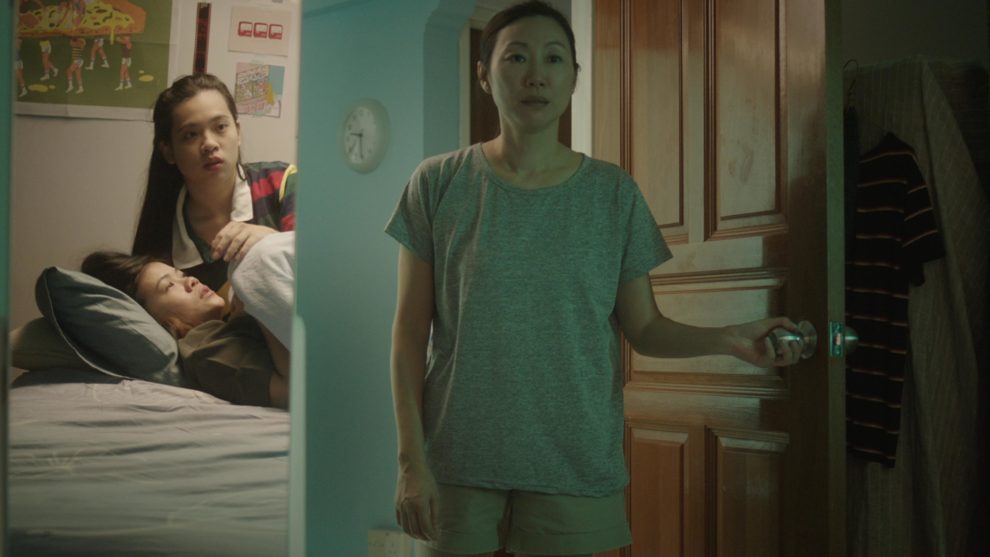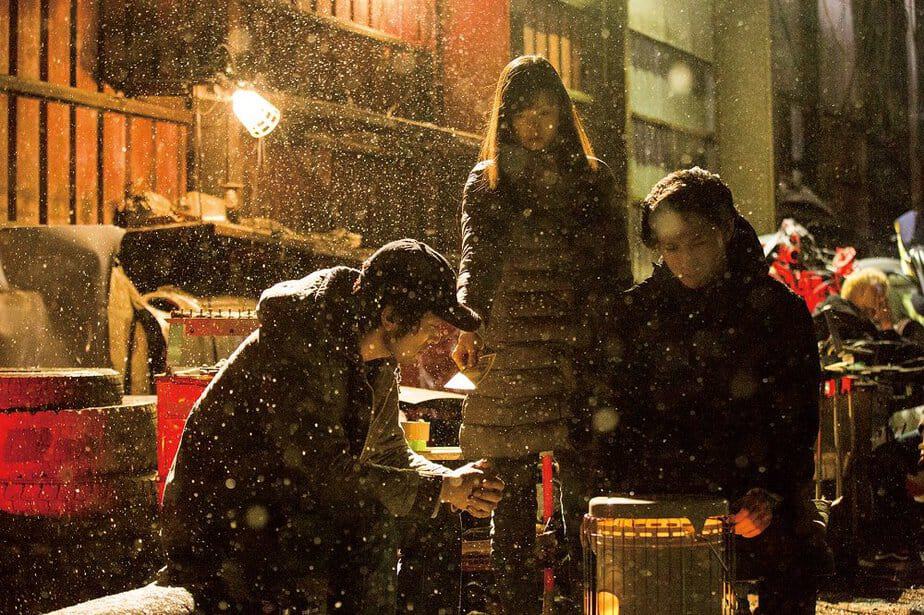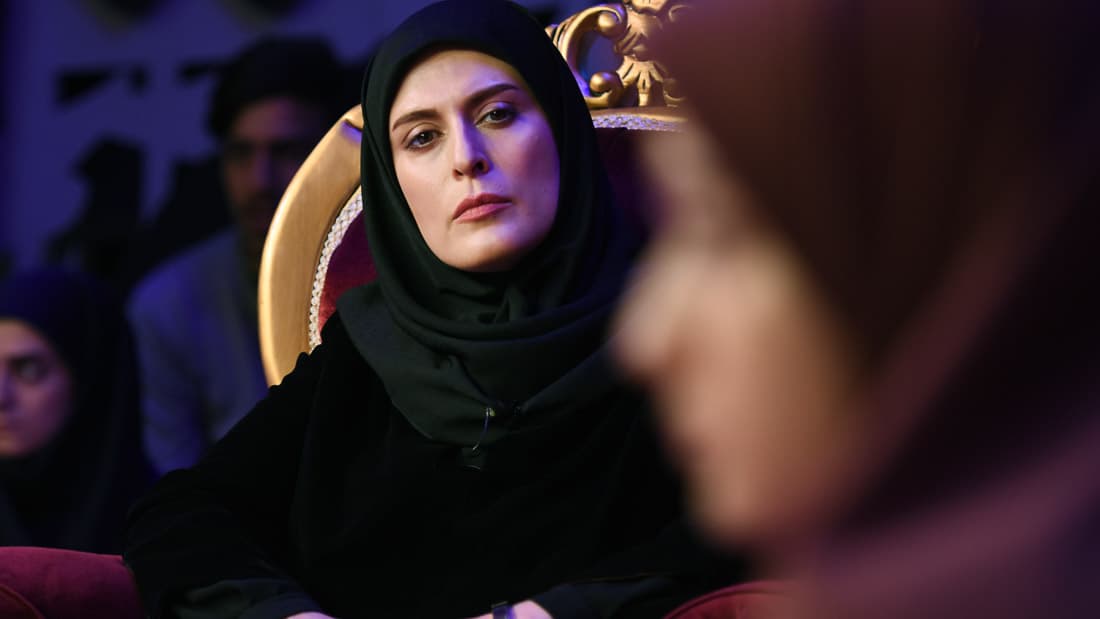As a number of countries in Asia (Taiwan, Thailand, India, Singapore) are recognizing more rights to the LGBT community, movies about the topic were bound to start coming out. Singaporean Bridgette Ong presents her take on the subject, through a 14-minute short which focuses on the issues these relationships present.
“How To Love You” review is part of the Submit Your Film Initiative

Mary works hard in a diner to raise her daughter, Evelyn. Although she loves her dearly, her conservative ideas come crashing onto both of them when she discovers her making out with her girlfriend, Avery, in their apartment. The clash is inevitable.
Bridgette Ong directs a movie that shows how the traditional values of the previous generation, and particularly in such conservative countries as Singapore, hamper the relationship between parents and children, essentially creating a gap between the two. In this particular case, although Evelyn obviously loves her daughter very much, cannot fathom her sexual preference, with a scene in a family table highlighting both her shame and her daughter's resolve. That her frustration eventually leads to violence and more anger between mother and daughter highlights this aspect even more, although the the scene in the supermarket could have been handled a bit better in terms of direction.
What impresses the most here, however, are the production values. Javen Leong's framing is impressive on occasion, with the double frames with the use of a mirror in two occasions being the most memorable, visually at least, scenes in the movie. Jethro Caniedo's editing, and particularly some abrupt cuts, give a sense of speed to the movie that works quite nicely here. Special mention should be made to the last scene with the karaoke, which seems somewhat cheesy and disconnected, but also works in an uncanny/surreal way, as a closure to the film.
Sherry Tao as Mary is excellent in the role of the mother, highlighting her bitterness and frustration in the most eloquent way, with her performance anchoring the movie for the whole of its duration. Lynn Chia as Evelyn has her moments during the fights with her mother.
Some scenes could have been shot a bit better, with the one in the supermarket being the most evident, but as a whole, the movie works, particularly due to the eloquence in the presentation of the main theme and the quality of the production values.















